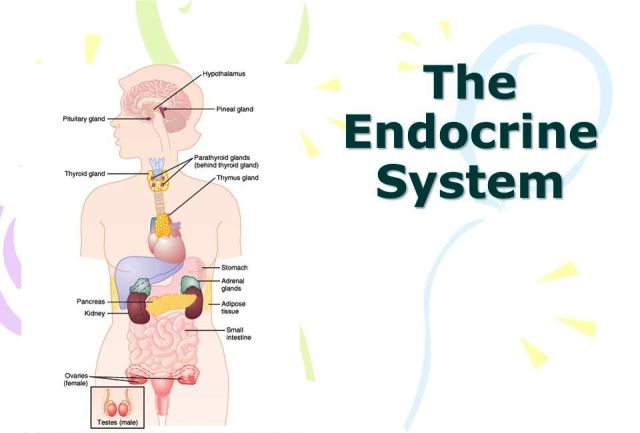We all start out the New Year with at least a mental list of the things that we’d like to accomplish or change in our lives. Many make New Year’s resolutions, but never see them through. It can be very easy to want to make changes, but actually accomplishing them is another thing. We may start out strong, but lose traction or interest in participating in the change that we’d like to see. Why is that?
Well for one thing it can be hard to stick to it, but many people choose resolutions that may not be realistic, or that they deep down don’t really want to deal with mentally. It requires planning, effort, focus, and will power. For many, by the time March rolls around their resolution has fallen off their list as a priority, until before they know it they’ve lost momentum and have given up.
It’s much easier if we make a single resolution, something that we really want to change and that we think we can keep. Something that is relevant to us and achievable. Like any plan, our goal should be specific – crystal clear. It should also be measurable and time-bound. For example, rather than telling yourself that you’d like to lose weight this coming year, make a goal to lose a specific amount of weight by a specific date, that isn’t six or nine months down the road. A shorter deadline is easier to meet than a longer one that may cause you to lose momentum. Then you can continue with another time-bound goal to lose another specific amount of weight.
If you’re trying to break an old habit, replace it with a new one. Start out small by taking baby steps. Any old habit that we wish to change has happened over time, so changing or eliminating that habit can’t happen overnight! The same is true for anything new that you wish to implement. We must start out small and incrementally add specific actions until it is a habit. With focus, any new habit can easily stick in about 30 days.
It’s important to reward yourself when you’ve reached milestones toward your goal, and equally important to not beat yourself up when you slip up a little bit. What’s most important though, is to keep your goal in sight and continue working toward it. After all, if it was worthy of wanting to do in the first place, then it will provide a great opportunity for you to do some real self-development.
Many people choose a health goal for the New Year. Those that I serve have empowered themselves to live healthier lives. Through individual counseling, they have learned how their unique bodies work, what emotional barriers they may have, and how to overcome them. They now know how they may be sabotaging themselves, and how to use natural alternatives to reach their health goals. Through this information and education they have been able to make lasting changes in both their physical and emotional health.
I invite you to look for ways to invest your time and effort towards your own health goals this coming year. Whatever that means for you, you are worth it, and your body and mind will thank you for it.
If you found this article to be helpful or insightful please remember to like, comment and share it!
For more information about the services that I provide, go to http://www.SoulWorks.biz or feel free to contact me directly to discuss your personal health needs.
You know you want to sign up for my newsletter. To keep up to date on more detailed health information, you may register here.






